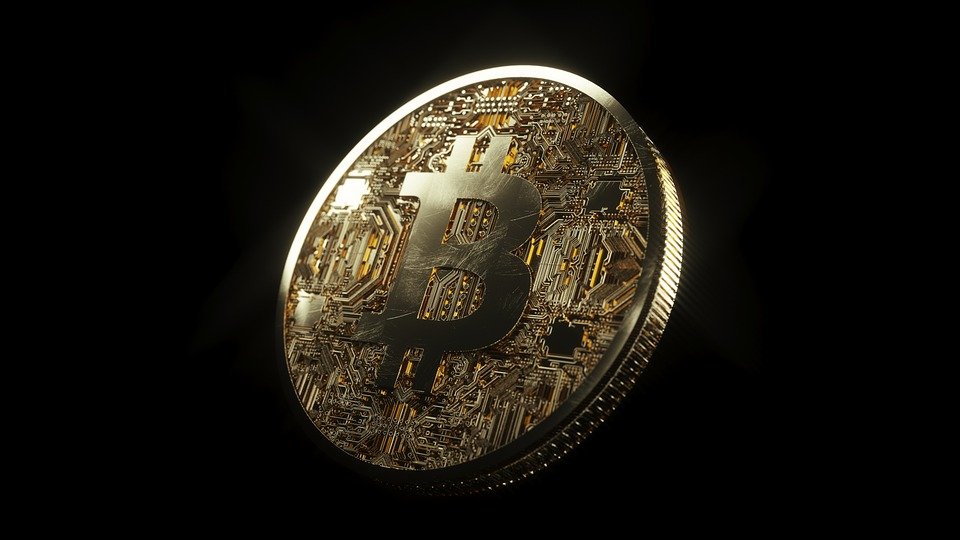Decentralization is a growing trend in the world of technology, and it is revolutionizing the way we do business, interact with others, and access information. Decentralization refers to the shift away from centralized control and authority, towards a more democratic and distributed approach.
One of the key drivers of the rise of decentralization is technology. The internet, blockchain, and other digital tools have made it possible for individuals and communities to connect and collaborate in new ways, without the need for a central authority. This has opened up a world of possibilities for peer-to-peer transactions, decentralized governance models, and decentralized finance.
Blockchain technology, in particular, has played a major role in the rise of decentralization. Originally created as the underlying technology for cryptocurrencies like Bitcoin, blockchain is a decentralized ledger that records transactions in a secure and transparent way. This technology has the potential to disrupt industries beyond finance, including supply chain management, healthcare, and voting systems.
Decentralization is also changing the way we think about data and privacy. In a decentralized system, individuals have more control over their own data and can choose how it is shared and used. This stands in stark contrast to centralized platforms like social media networks, which collect and monetize user data without their consent.
Another area where decentralization is making its mark is in the sharing economy. Platforms like Airbnb and Uber have shown that peer-to-peer services can disrupt traditional industries and create new opportunities for individuals to monetize their assets. These platforms rely on decentralized networks of users to connect buyers and sellers, eliminating the need for a middleman.
Decentralization is not without its challenges, however. The technology is still relatively new, and there are many legal and regulatory hurdles to overcome. There are also concerns about issues such as scalability, security, and governance in decentralized systems.
Despite these challenges, the rise of decentralization is a promising development that has the potential to reshape the way we live and work. As technology continues to evolve, we can expect to see more decentralized applications and platforms that empower individuals and communities to take control of their own destinies. The future of decentralization is bright, and the opportunities it presents are endless.




